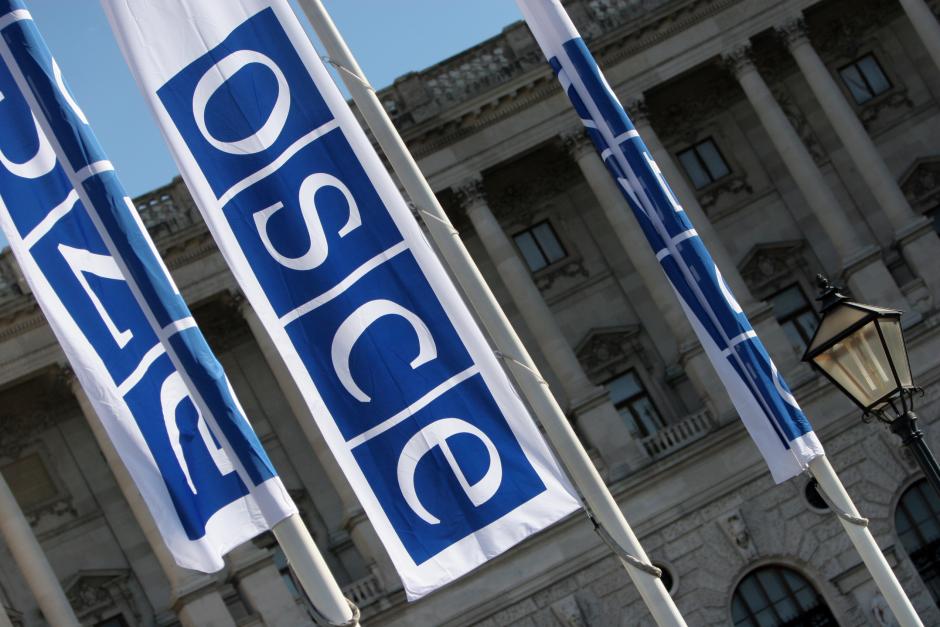OSCE/ODIHR final report: Albania’s 2025 elections competitive but unequal

Five months after Albania’s May 11 general elections, the OSCE/ODIHR has released its final report, describing the 2025 parliamentary polls as competitive but held in a highly polarized environment, with political contestants lacking equal conditions.
Why is this important: The report provides an authoritative international benchmark for the integrity of Albania’s elections. While acknowledging the professional administration of the process, the report underlines deep structural inequalities, political pressure, and misuse of administrative resources — recurring issues in Albania’s electoral landscape.
Key findings: `The report states that election day was generally calm and well-organized, with the electoral administration managing the process inclusively and transparently. However, OSCE observers noted frequent procedural violations, isolated incidents of voter intimidation and mobilization, and a lack of transparency in the vote counting process.
On the introduction of out-of-country voting, applied for the first time, ODIHR concluded it was “well managed despite late political agreement and logistical delays.”
- Unequal campaign conditions: According to ODIHR, the ruling party enjoyed an unfair advantage through the extensive use of administrative resources. The report cites numerous allegations of pressure on voters, particularly public sector employees, along with reports of vote buying, attempts to influence vulnerable voters, and the suspected involvement of criminal networks in certain areas.
The electoral framework and its narrow interpretation by election administrators, ODIHR adds, failed to prevent abusive practices.
- Campaign finance and institutional response:
Transparency in campaign financing remains weak. ODIHR noted that no political party published its donor database as required by law and that spending on social media remained opaque.
The mission welcomed the creation of a new coordination mechanism between institutions for investigating electoral crimes — particularly cooperation between SPAK, the Central Election Commission, and the Prosecutor General’s Office — calling it a “positive preventive measure.” Yet, ODIHR also recorded skepticism among interlocutors about SPAK’s effectiveness in addressing politically linked organized crime.
Call for comprehensive reform: ODIHR urges a full electoral reform through inclusive public consultation and implementation of its previous recommendations. These include revising the composition of lower-level election commissions, ensuring timely reporting of campaign finances, guaranteeing a balanced media environment, and decriminalizing defamation.
The report concludes that the continued failure to implement long-standing recommendations demonstrates a lack of political will for meaningful and comprehensive electoral reform.


